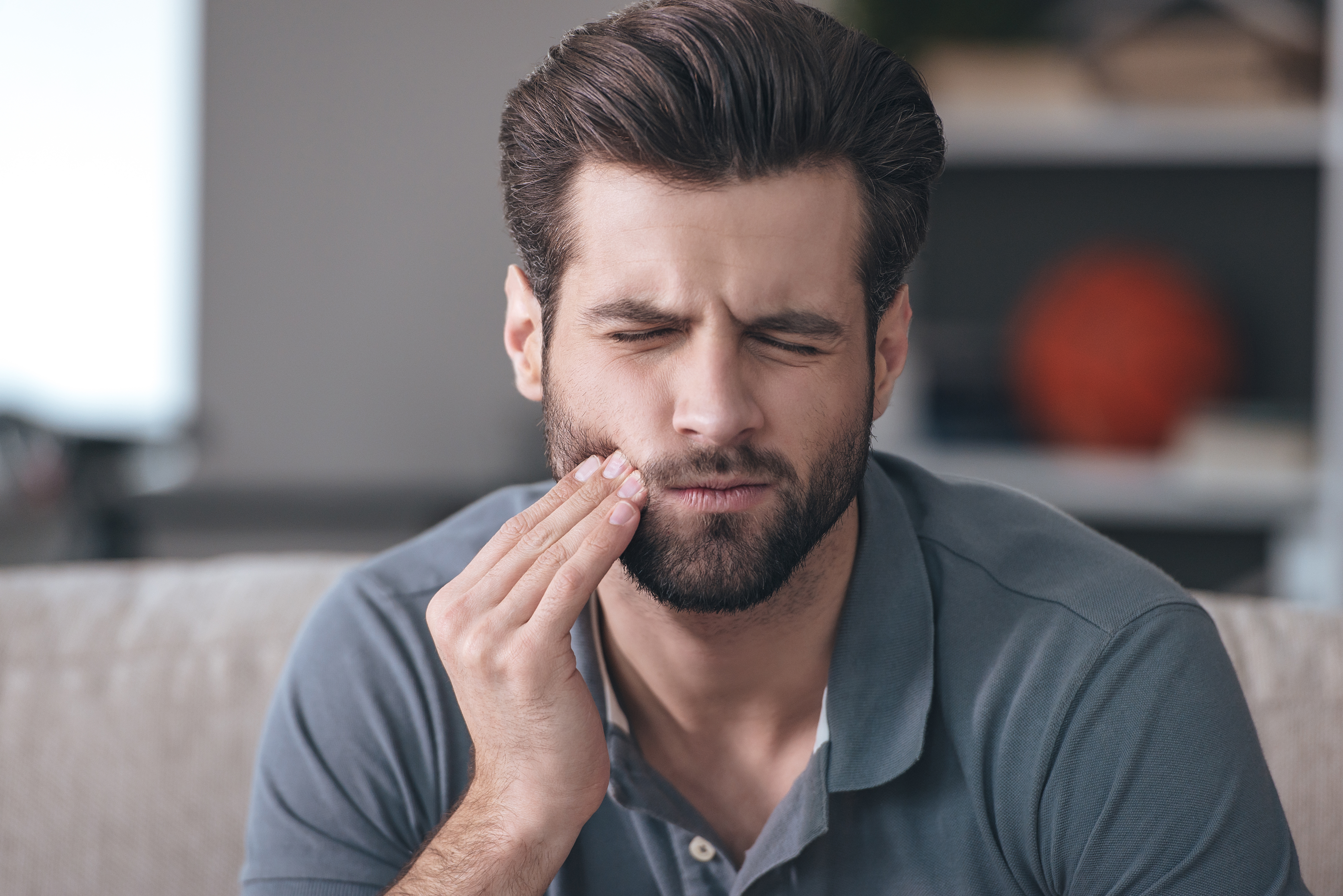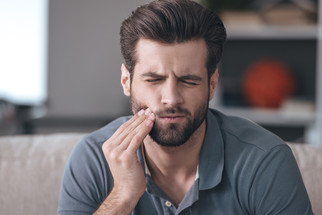Posted by Lisa Edwards on Oct 9th 2019
I think I Grind My Teeth at Night, Now What?

You’ve identified your symptoms and done the research; maybe you’ve even had a conversation with the dentist. All you know is that you have bruxism and you’re ready to do something about the pain and the restless nights.
To treat bruxism takes more than a dentist visit or a mouthguard. You should work on resolving the root cause of your clenching. Doctor’s don’t know the exact cause of bruxism but many possible physical and psychological causes include:
- Emotions (stress, anxiety, or frustration)
- Abnormal alignment of teeth
- Sleep apnea
- A coping strategy or focusing habit
- Inability to relax
- Response to pain from an earache or teething (in children)
So, when considering the treatment plan, it is important to research all the options...
Mouthguard
Night grinding guards/splints are designed to be a barrier and protect your teeth when you grind. It’s important to choose a guard that is comfortable, provides enough protection and lets you get a full night’s rest. Mouthguards treat the symptoms of bruxism. They are in no means a cure and you should seek treatment for the root cause of your pain.
Dental Correction
If your bruxism is due to a misalignment of your teeth, your dentist may offer a solution to correct the alignment. In many cases when the wear of the teeth causes sensitivity, the dentist may need to put on a crown or reshape the surfaces of your teeth. In rare case, they may suggest braces or oral surgery.
Stress Management
For many people teeth grinding and clenching is stress induced. Getting the stress under control is a way to treat your bruxism from the root cause:
- Practice relaxation techniques
- Talk to a counselor
- Try meditation
- Indulge in essential oils
These are all just a few examples of way to keep relaxation to a maximum and stress to a minimum. Look into what makes you the relaxed and calm.
Sleep Management
Bruxism occurs most often during light sleep. Make sure nothing gets in the way of you and a good night rest so you can get into a deep sleep without interruptions. Avoid caffeinated beverages before sleeping, look into progressive relaxation, eat right…..there’s many resources out there with countless tips that will help you fall asleep. Try several and see which is best for you.
Biofeedback
Biofeedback uses monitoring procedures and equipment to help your jaw “re-learn” proper jaw placement/muscle memory. Through auditory and visual tools, it is thought that you can train away unwanted muscle movements.
Medication
Talk with your dental professional or primary care provider to see if a medication to aid in relaxation is the right treatment option for you.
It’s important to remember that in some cases there is no need for treatment. Some people, especially children, often outgrow their bruxism. Talk to your dentist about what options are suitable for your specific case of bruxism.


